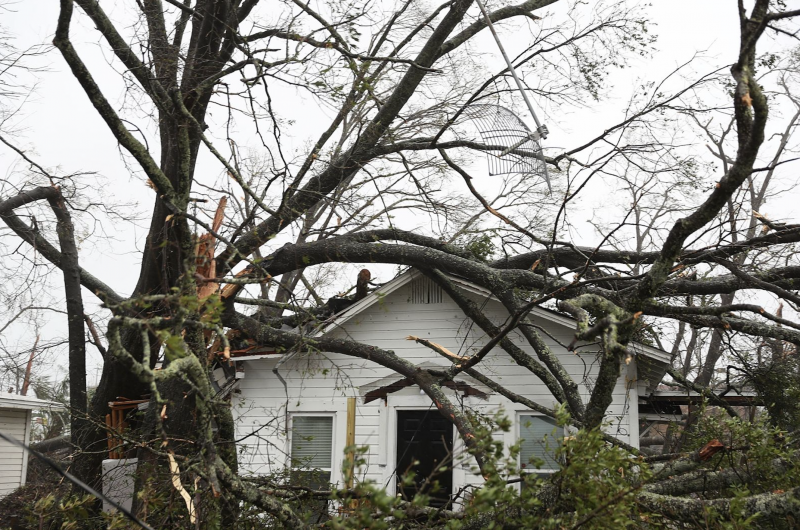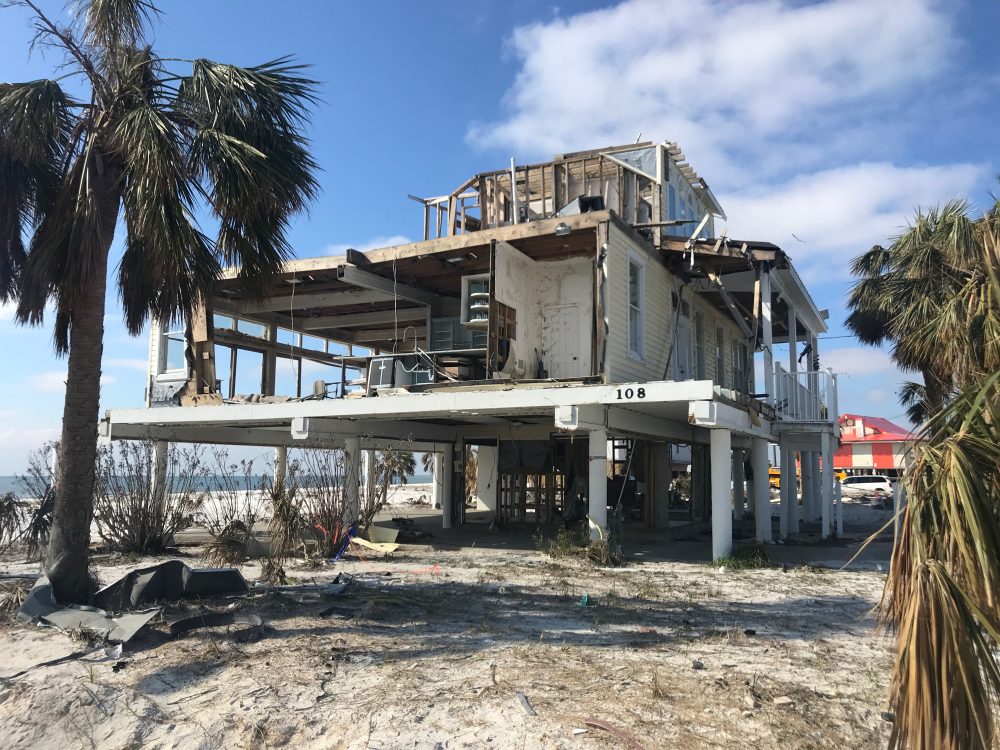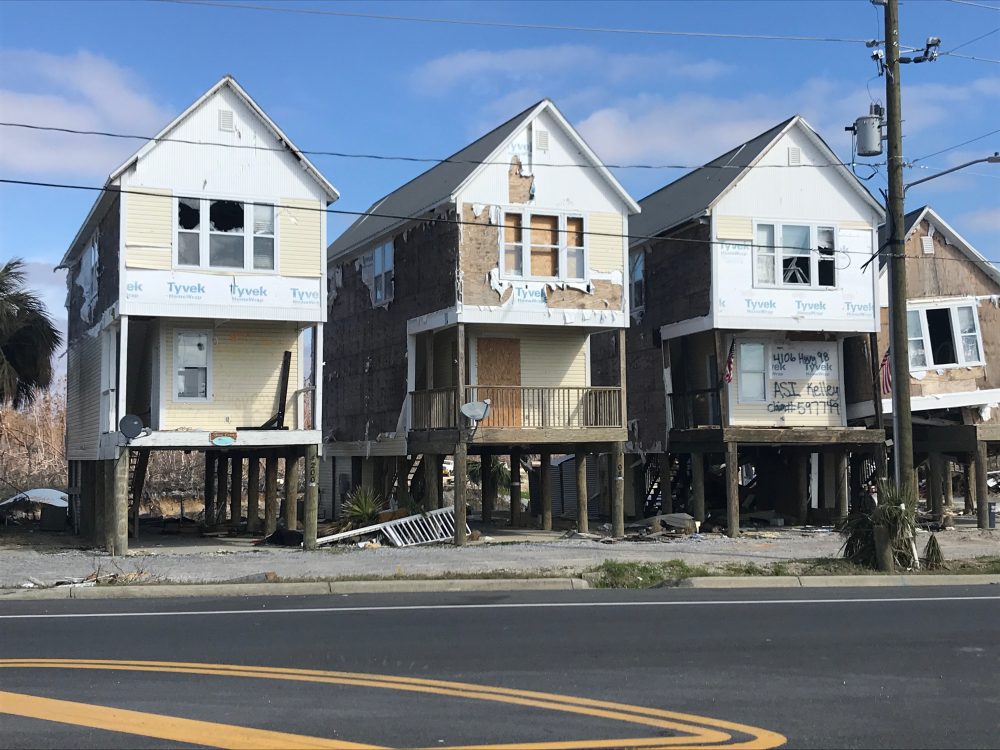Hurricane Michael: How Should We Respond?
The immensely powerful Hurricane Michael brings forth an all-too-familiar set of reactions: concern, fear, stress and a feeling of helplessness. The images we’ll see in the days ahead will show the devastation but will miss what is left behind: lack of housing, mental health issues, damaged infrastructure, loss of income . . . the list […]

The immensely powerful Hurricane Michael brings forth an all-too-familiar set of reactions: concern, fear, stress and a feeling of helplessness. The images we’ll see in the days ahead will show the devastation but will miss what is left behind: lack of housing, mental health issues, damaged infrastructure, loss of income . . . the list goes on. Seeing the destructive impacts, we think, “how should we respond?” At the Center for Disaster Philanthropy (CDP), we’ve worked hard to have a fitting answer — one that takes the long view on disaster recovery.
The CDP 2018 Atlantic Hurricane Fund allows philanthropic and private sector partners to allocate funds toward communities affected by any hurricane that comes out of the Atlantic (including the Gulf of Mexico) during the 2018 Atlantic hurricane season. The Fund was created to focus on Hurricane Florence recovery but will support Hurricane Michael recovery as well.
Some of the advantages of the CDP funds include:
- Very flexible programming opportunities based on consolidated assessments from our humanitarian, government and community partners that is matched with the latest information on priority needs of affected families and communities. Quite often donors make a quick contribution to an organization based on initial situation reports, but only after a few weeks or months are the true long-term needs and gaps realized.
- We work with local community partners and networks to ensure grants are awarded to some of the smaller non-profits and community groups sometimes overlooked by donors. We try to balance our funds so smaller, community organizations are funded alongside larger, proven NGOs. We cannot stress enough the importance of local community partners being supported and engaged in the recovery process for the communities they serve because they capitalize on their pre-disaster knowledge and relationships.
- The fund is managed by CDP staff who bring their wealth of disaster response programming and grantmaking experience to ensure the highest level of accountability and enhanced monitoring and evaluation. Our team manages these funds and communicates regularly with grantees to ensure objectives are being met and reporting requirements fulfilled.
Our 2017 Atlantic Hurricane Season Recovery Fund mobilized and programmed more than $3 million toward recovery efforts related to Hurricane Maria in Puerto Rico and the U.S. Virgin Islands. This was in addition to more than $18 million combined funds specifically for Irma recovery in Florida and Harvey recovery in Texas.
When hurricanes hit, the generous outpouring is immediate. The CDP 2018 Atlantic Hurricane Season Recovery Fund ensures strategic investments throughout the lifecycle of disasters, bringing rebuilding, recovery and hope to those who need it most.
To learn more about the CDP 2018 Atlantic Hurricane Season Fund, contact Bob Ottenhoff or Regine A. Webster.
To learn more about the impacts of Hurricane Michael while looking ahead to future needs and how the philanthropic community can support full recovery, CDP is hosting a webinar on Monday, October 15 at 2 pm ET/1 pm CT. Speakers will be announced shortly.
More like this

A Way of Life Threatened
